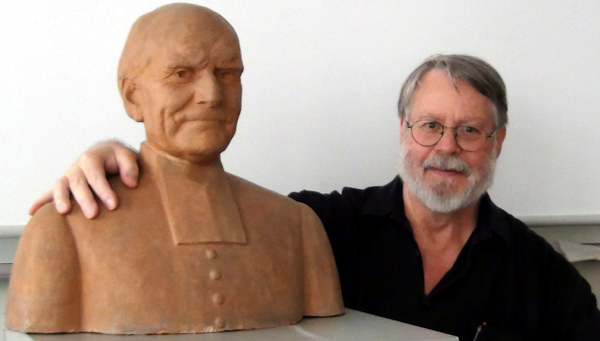Political voices
Like other regular readers of Andrew Sullivan's web log, I was not surprised that he was happy about Sarah Palin's decision not to run for U.S. president in 2012. However, one aspect of his commentary ("Rejoice!", 10/5/2011) did surprise me. The puzzle is in the second sentence:
Our Three Year National Nightmare Is Over!
Palin talks to Mark Levin here (her voice is the deeper one).
Mark Levin is a radio talk show host, and Sullivan's link goes to a page on Levin's web site that includes not only the text of Palin's statement, but also accesses an mp3 file of a 15-minute segment of his show. My interest here, of course, is not in the politics but in the phonetics. Is it really true that Sarah Palin's voice is deeper (i.e. lower in pitch) than Mark Levin's?
Read the rest of this entry »

